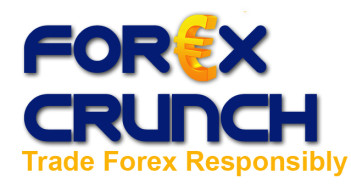The Euro bulls ride on the upcoming rate hike in the Euro-zone. Higher interest rate means a stronger currency. But wait! the talks about a rate hike are already hurting Europe’s core, even before this happened. And there are more reasons for Euro weakness.
In the past few months, the ECB raised its voice against inflation. ECB president and other senior officials warned against inflation in many occasions, and hint that they are ready to act and raise the rates. This talk peaked in the recent rate decision, when Trichet not only used the code words “strong vigilance†(meaning a rate hike in the next decision) but also explicitly explained the meaning and said out loud that a rate hike is likely in April’s meeting.
Trichet has a huge influence over EUR/USD. His words pushed the common currency higher. A higher interest rate draws more money – it makes a stronger currency. But why raise the rates? Since inflation is on the rise, even if this inflation is imported – oil and other commodity prices. This inflation isn’t in the core products and isn’t driven by demand. The economies aren’t really doing well.
Some economies are also suffering from heavy debt. Their austerity measures are already weighing on the economies. Inflation is a non-issue. A higher interest rate means a higher hurdle for economic growth in Greece, Ireland, Portugal and Spain. The hopes of recovery are diminished with a higher interest rate.
Rate Hike Hurting the Core
But it’s not only these troubled countries. The consequences of a premature rate hike is already felt in Germany – the all-important ZEW Economic Sentiment unexpectedly dropped from 15.7 to 14.1 points, instead of rising above 16 points. Also the figure for the whole of Europe disappointed. So, also Europe’s powerhouse is endangered.
Trichet won’t be cooling a hot, growing and inflationary Euro-zone. He’ll be freezing a Euro-zone that is still struggling to defrost.
EUR/USD cannot settle above 1.40 and cannot break above 1.4030. This is already a sign for the bulls. Will we see a fall?
And, let’s not forget about the debt crisis.
Further reading: Portugal is running out of time.



